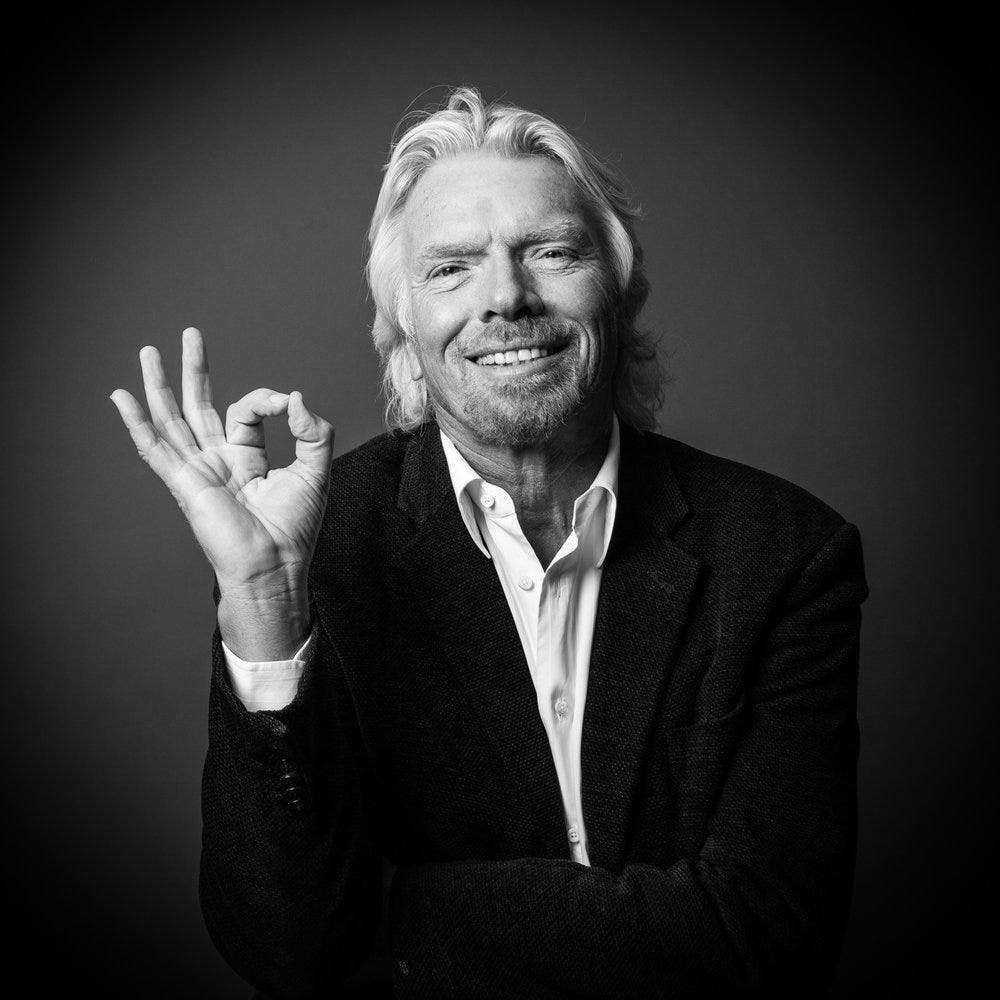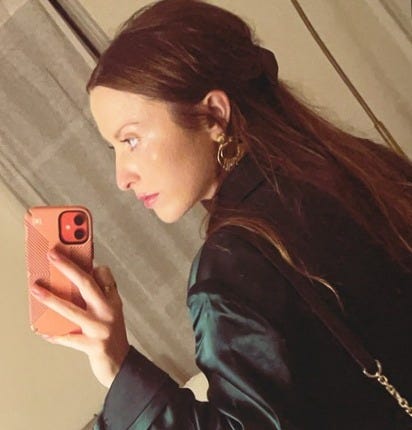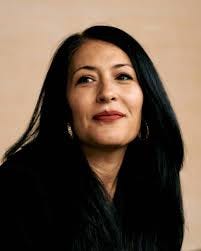The limiting beliefs that kept me from the life I always wanted.
The life I was chasing appeared when I stopped running.
Isn’t life simple? Don’t most of us want the same things: love, a safe home, nourishing food, and a way to express ourselves?
And yet, something holds us back.
Culture taught me that life was a mountain. If you climb it, you’re worthy. If you don’t, you’re lazy, inferior, and unlovable.
So like so many of us, I climbed. I built a strong résumé, ran six marathons, and worked in Finance. I had privilege, a loving family, and relentless discipline. But still, I felt at the bottom of a mountain. And I suffered.
So I did what we’re taught to do: I went to a doctor. Without asking follow-up questions, she diagnosed me with PMDD, a hormone-related mood disorder affecting 5–8% of women.
But even as she said the words, something inside me whispered: I don’t think I have a chronic illness. I think I’m just operating in a bizarre culture that glorifies suffering.
It would take two more jobs, four more years, and four more marathons before I trusted that instinct.
For me, the marathons seemed like a metaphor for life. When I was thirteen, I began running. It started with walking three miles a day. Then I ran for ten minutes. Then fifteen. By the end of the summer, I could run seven miles without stopping.
If you’ve ever fallen in love with running, you know how miraculous that kind of progress feels when, one day, you realize: I’m a runner.
Over four years of running for my high school, I fell in love with the sport: the rhythm of your feet hitting the ground, the green blur of trees, the conversations with best friends about crushes and dreams.
I loved the forward movement that running gave to my life. So when something didn’t feel right when I joined my college team, I ignored the pain, exhaustion, and dread. I didn’t want to believe that something I loved might not be good for me anymore.
But the signs were there. The track team was unraveling. I was injured. Later, The Philadelphia Inquirer published an exposé on the coaching staff’s abuse.
My gut had been right.
Leaving that team was the first leap, proof that I could walk away from something that no longer fit. But without realizing it, track had become a big part of my identity. As I quit the team, I wondered, who am I without track?
As I searched for a new identity, I stumbled on an article about Richard Branson running a marathon.
To my nineteen-year-old self, it felt like a revelation: you could be both successful and fit, wealthy and authentic, an entrepreneur and a runner.
I thought, maybe if I ran a marathon, I could become someone like that, too.
Marathoning, then, became more than a sport and community. It became the blueprint of my belief system: If I could endure pain and push hard enough, the life I wanted would reveal itself at the finish line.
Four weeks after quitting track, I ran my first marathon. Two weeks later, I changed my major to Economics and pursued a career in finance.
Every obstacle became a marathon mile: an uphill, a headwind, a wall. Around mile 18, you start to feel excruciating pain. And that’s when you have two choices:
Craft the story you’ll tell about why you had a bad race: the weather, the shoes, the elevation…
Or look the pain in the eye. Shake its hand. Let it introduce itself. Sit with it. Talk to it. And then, keep running.
Because pain is just a sensation, and suffering is resistance to that sensation.
Marathons taught me that I fight for what I want even when exhausted. They promised that if I commit to something, I will see it through.
So I brought that same endurance to everything: my career, my relationships. I skipped sleep. I tolerated yelling, unethical behavior, and poor communication.
But after years of pushing through, I realized I needed something else.
I told myself: even if the data, the mentors, and the logic say to keep going, you need to try another belief system. Just see what happens.
So I dated someone who wasn’t my “type.” I left corporate. I started writing. I shared raw, real things on Substack.
Then a month passed with no PMDD symptoms. Then another. Then another.
There’s no way that I cured the PMDD, I thought. But I began to wonder: did I have it within a certain belief system, and in another one, it didn’t exist in the same way?
Today, I’m not in the corporate world. I might never go back.
After six marathons, I might never run another, because what if life isn’t a marathon?
What if all this striving in marathons and corporations is just a fascination with suffering and control?
What if I don’t need to suffer to get to the other side?
I know now that life isn’t a mountain to climb or a marathon to fight through.
When you’re with the right company, even when you face a “problem,” life feels like a Sunday at the farmer’s market, a cozy French café, or sunlight on your skin. I think a well-lived life is paying attention to the people and things right in front of you and treating them really, really well, including yourself. We all do. And then, a great career and relationships can grow from there.
“As we lose our vagueness about our self, our values, our life situation, we become available to the moment.” —Julia Cameron
“Before, the only thing I was interested in was love—how it grips you, how it terrifies you, how it annihilates and resuscitates you. I didn’t know then that it wasn’t even love I was interested in, but my own suffering. I thought suffering kept things interesting. How funny that I called it love, and the whole time it was pain.” -Ada Límon
“Entrepreneurship is about turning what excites you in life into capital, so you can do more of it and move forward with it.” —Richard Branson














You are totally speaking my language.
I never worked in finance, and I never ran marathons, but my entire life was about performance and optics until only recently.
It's an addiction, especially if you're good at it.
Thank you for your authenticity and honesty.